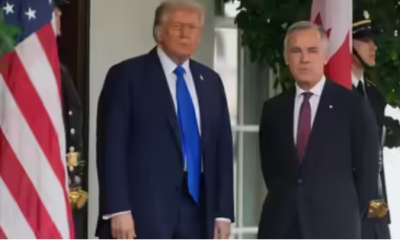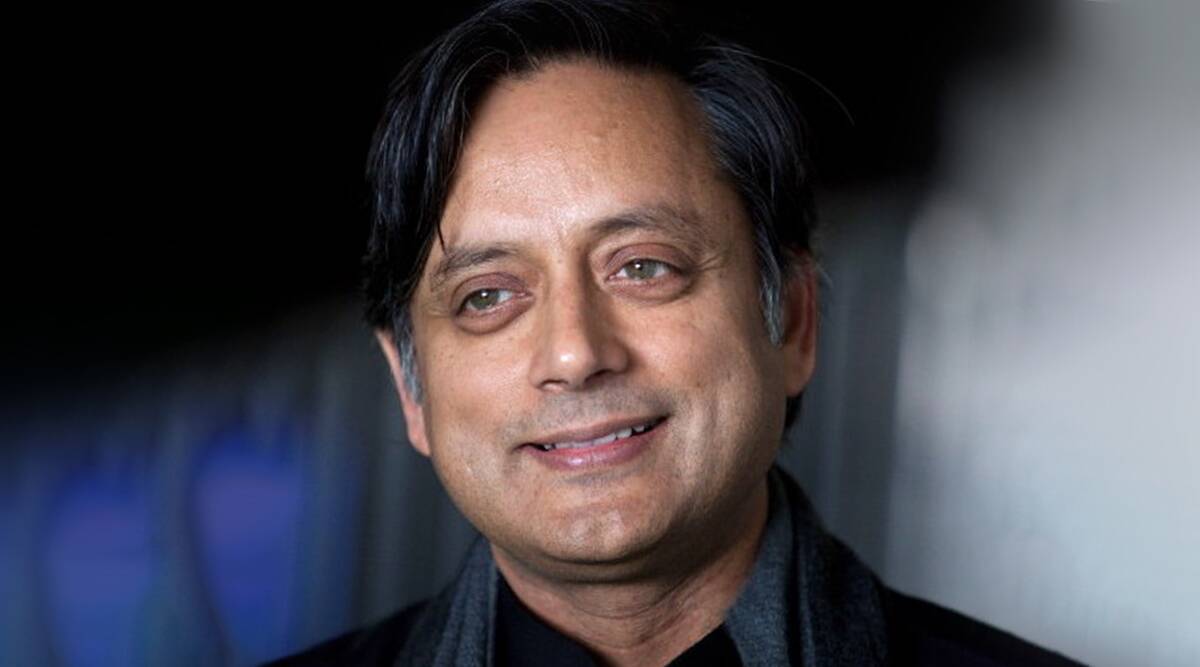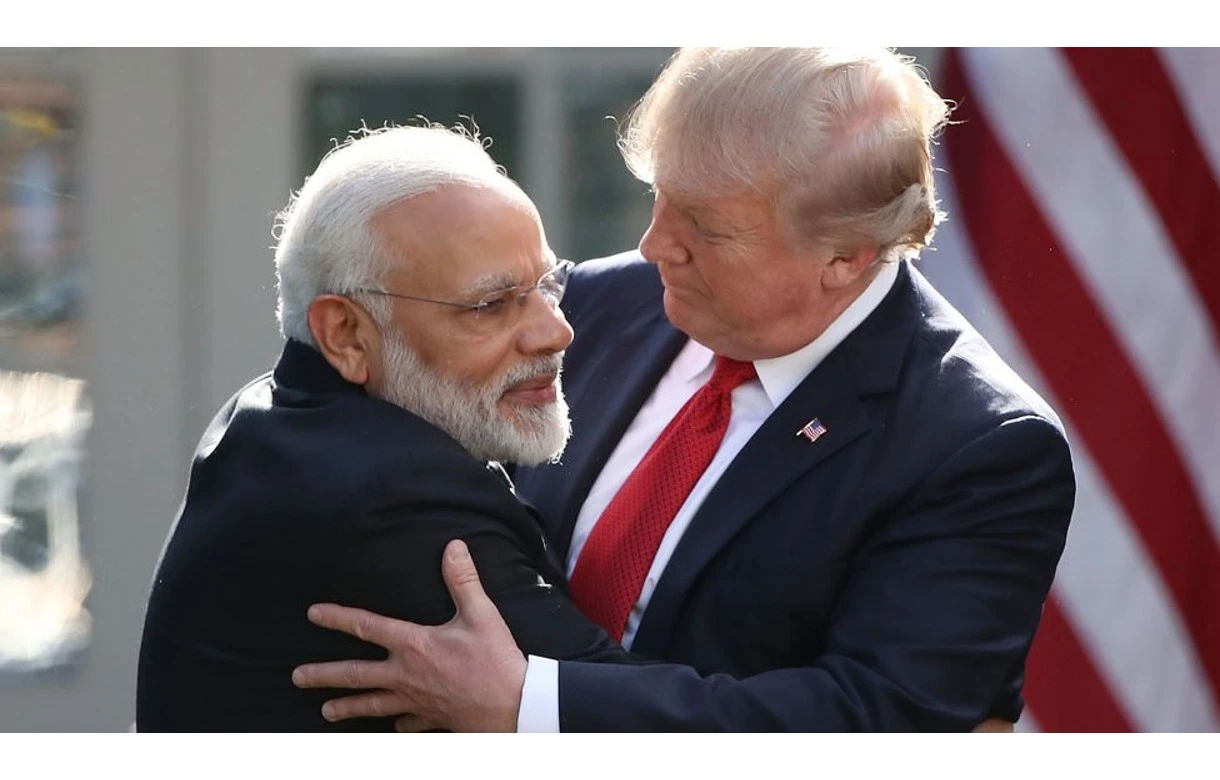Conspiracy theorists, who prove mostly right in the topsy turvy post 9/11 world, are these days busy switching channels – Syria, Afghanistan, Korean peninsula and yes, one more theatre which will be in heavy focus in June-July. All these narratives have Russia in them, including, quite surprisingly, South Korea where the media will gloat over the humiliation heaped on Russian athletes.
Intelligence agencies in Washington and Moscow, operating under the universal rubric of Deep State, are circling around in the ring, psyching each other. The US, in this game plan, would be developing an offensive posture pushing the Russians on the defensive. Russians are already reeling from the blow administered by the International Olympic Committee: its athletes have been banned from participating in the Winter Olympics being held in South Korea.
The assumption in Moscow is that the West would use all the propaganda tools at its command to rub Putin’s nose in the mud on the occasion of the FIFA World Cup being hosted in June-July 2018.
As Putin prepares to cope with the World Cup related security challenges, one image will certainly cross his mind: the furtive visit of Prince Bandar bin Sultan to the Kremlin on the eve of the February 2014 Sochi Winter Olympics.
Prince Bandar offered Putin the “moon” if only the Russian strongman would persuade Assad to vacate the President’s palace in Damascus. Among the gifts he offered Putin was a “terror free” Sochi Olympics.
Why did the Western media ignore the incredible Bandar story? Because eversince the Russians had their boots on the ground in Syria from 2015, they have had a ringside seat on the barely disguised drama of Americans supplying arms to various groups fighting Assad. None of these stories would have been flattering to the US, including the one about Bandar, George W Bush’s sidekick. So the mainstream media, as part of the establishment, had to look the other way.
The rules of the game, according to Russian and Turkish sources, were simple: groups battling Assad under American guidance would be described as “freedom fighters”; those not serving American (Saudi, Israeli) interests, were ISIS, Jabhat al Nusra, Al Qaeda. They, each one of them, could change their labels, depending on the dynamics on the ground. The Russians had video evidence on all of this. The Turks too are in the know, first as participants in the battle against Assad and later fighting the YPG, the Kurdish group who have adopted a Syrian name – Syrian Democratic Forces.
The Turks consider Abdullah Ocalan led PKK as their existential enemy. The PKK is a “terrorist organization” by the UN’s definition. By Turkish definition the YPG is PKK with another name. This “other name”, Syrian Democratic Forces, is a sleight of hand without which the US cannot help YPG/SDF. Their original name has the label “terrorist group” attached to it.
The Turks have told the US that their operation against the YPG in Afrin will continue so long as “one terrorist” remains in the territory contiguous with Turkey. The situation has brought Turkey, Russia and Iran on the same side. Much to the chagrin of the US, the Syrian Democratic Forces too are reaching out to Damascus in their desperation. Newspapers supporting Erdogan are, in deference to the situation, recommending an Ankara-Damascus rapprochement if not specifically an Erdogan-Assad handshake. An isolated US, egged on by Riyadh and Tel Aviv, therefore faces Russia and its cohorts in Syria. The situation is fraught.
Even in the Afghan theatre, the US is not smelling of roses. Russia’s Deputy Minister for Foreign Affairs, Morgulov Igor Vladimirovich told the impressive gathering at the Raisina Dialogue in New Delhi recently something of abiding interest to the region: IS fighters were being flown to northern Afghanistan. Iran’s supreme leader, Ayatullah Ali Khamenei told the Friday congregation on January 30, “the US goal of transferring ISIS terrorists to Afghanistan is aimed at creating a justification for its continued deployment in the region.”
Pundits took no note of an outrageous proposal for Afghanistan which was under “active consideration of the White House” for weeks last year. Erik Prince, Founder of the world’s biggest supplier of mercenary troops, Blackwater, had submitted details on how Afghanistan can be most effectively administered: “Exactly as the Viceroy administered India when it was a British colony.” The very fact that such a proposal reached the highest echelons of American decision making clearly beamed searchlights deep into the caverns of the American mind.
The IS as a Western asset is not a new concept. I have been writing about it atleast since President Obama admitted as much to Thomas Friedman of the New York Times in August 2014. Friedman asked why did Obama not bomb IS as soon as it reared its head.
“That would have taken the pressure off Prime Minister Nouri al Maliki”, Obama replied. What clearer admission could one seek from a US President that the IS was an asset at that stage. Iraq’s Shia Prime Minister was eventually forced out.
After reverses suffered by the IS at Russian hands, there were several reports of IS given safe passage, even air lifted. In October 2017, Robert Fisk, of the Independent described how hundreds of IS fighters in Raqqa had been given safe passage “to go where they like”.
Turkish intelligence has an interesting take on IS being transferred to Afghanistan: these are “upgraded” Taleban after a stint of “Jihad” in Syria. The wide disparity in the wages of the regular Afghan Taleban and those trained in Syria has provoked the home grown Taleban to teach American and their “lackeys” a lesson – hence the spike in violence. Note American isolation in Kabul too. Aggressive retaliatory posturing by Washington would bring Moscow and Beijing into an even tighter embrace. Interesting Times, as the Chinese proverb says.

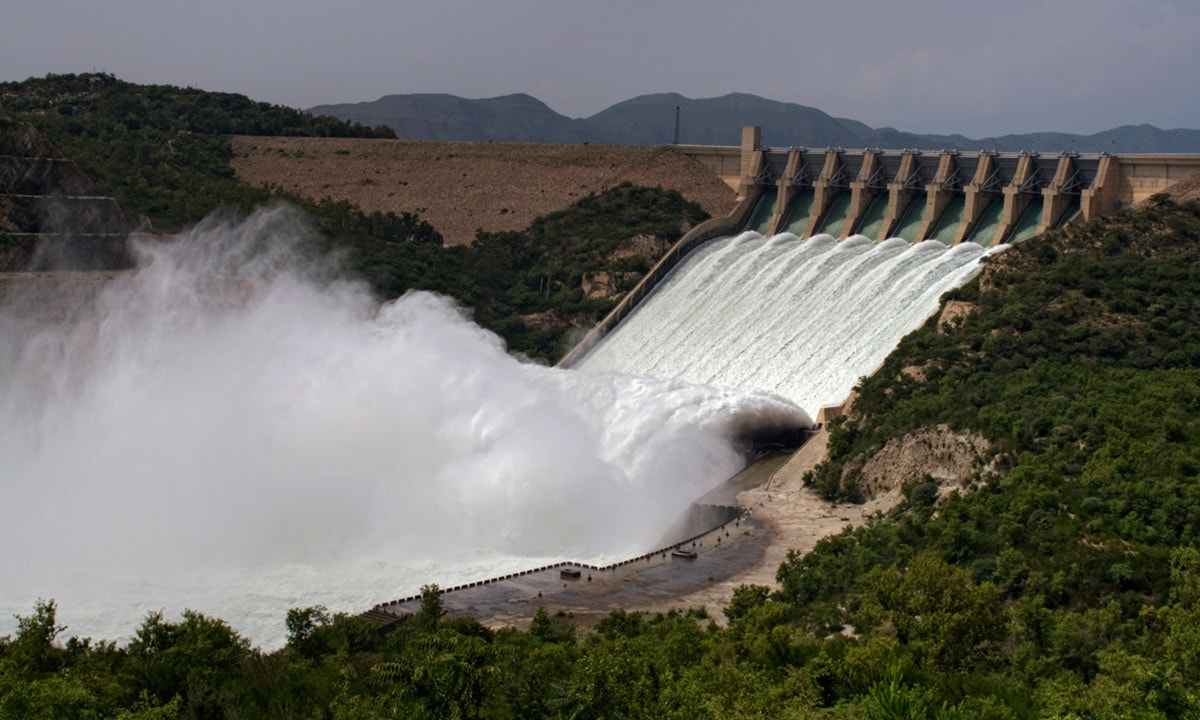
 Latest world news21 hours ago
Latest world news21 hours ago
 India News21 hours ago
India News21 hours ago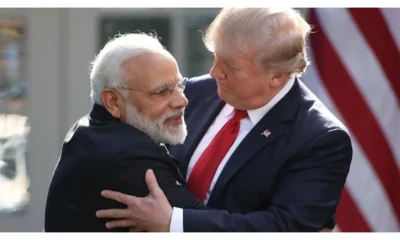
 Latest world news6 hours ago
Latest world news6 hours ago
 India News6 hours ago
India News6 hours ago
 India News6 hours ago
India News6 hours ago
 India News6 hours ago
India News6 hours ago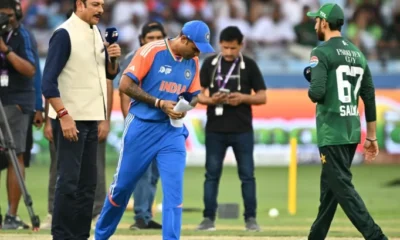
 LATEST SPORTS NEWS6 hours ago
LATEST SPORTS NEWS6 hours ago
 India News2 hours ago
India News2 hours ago
